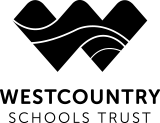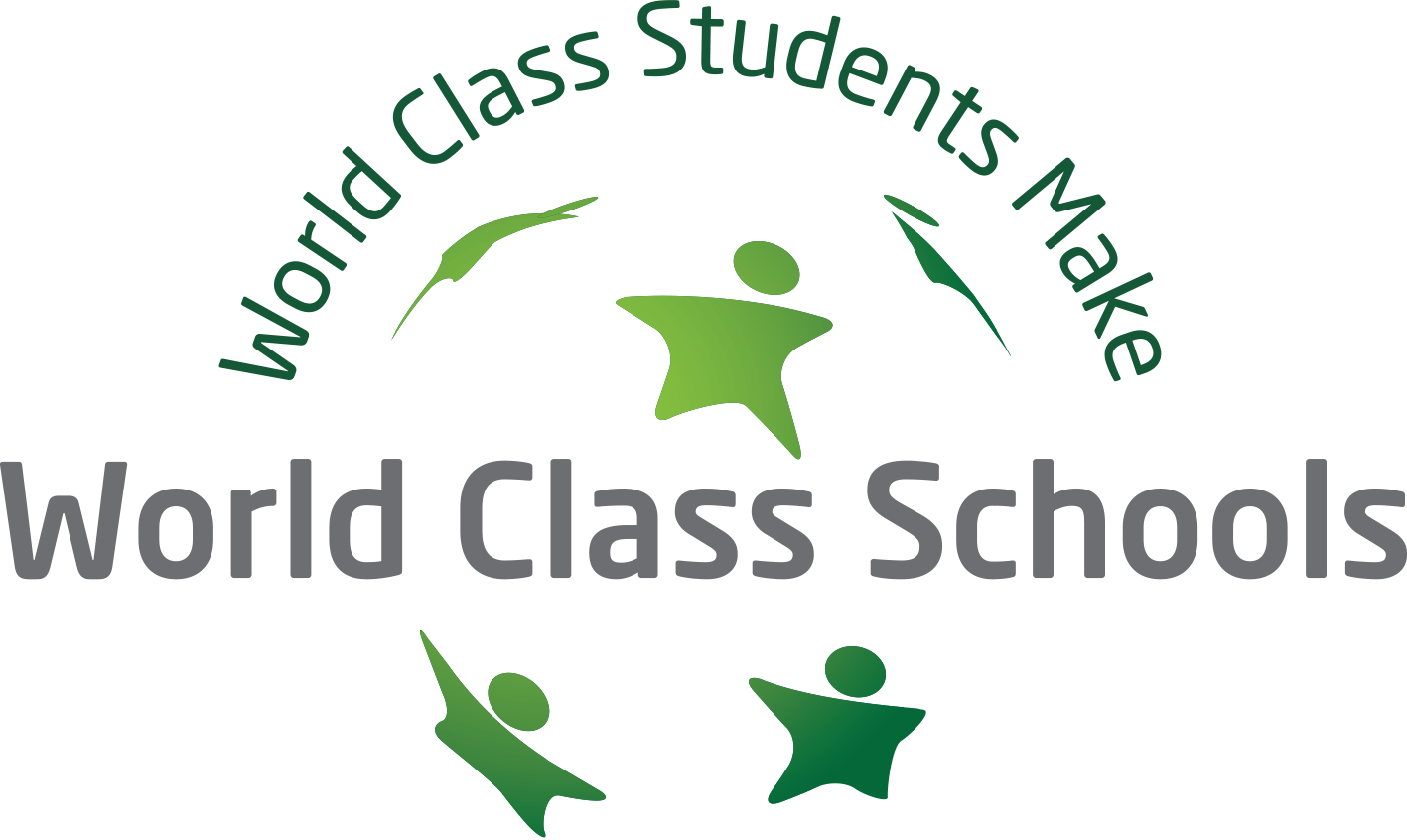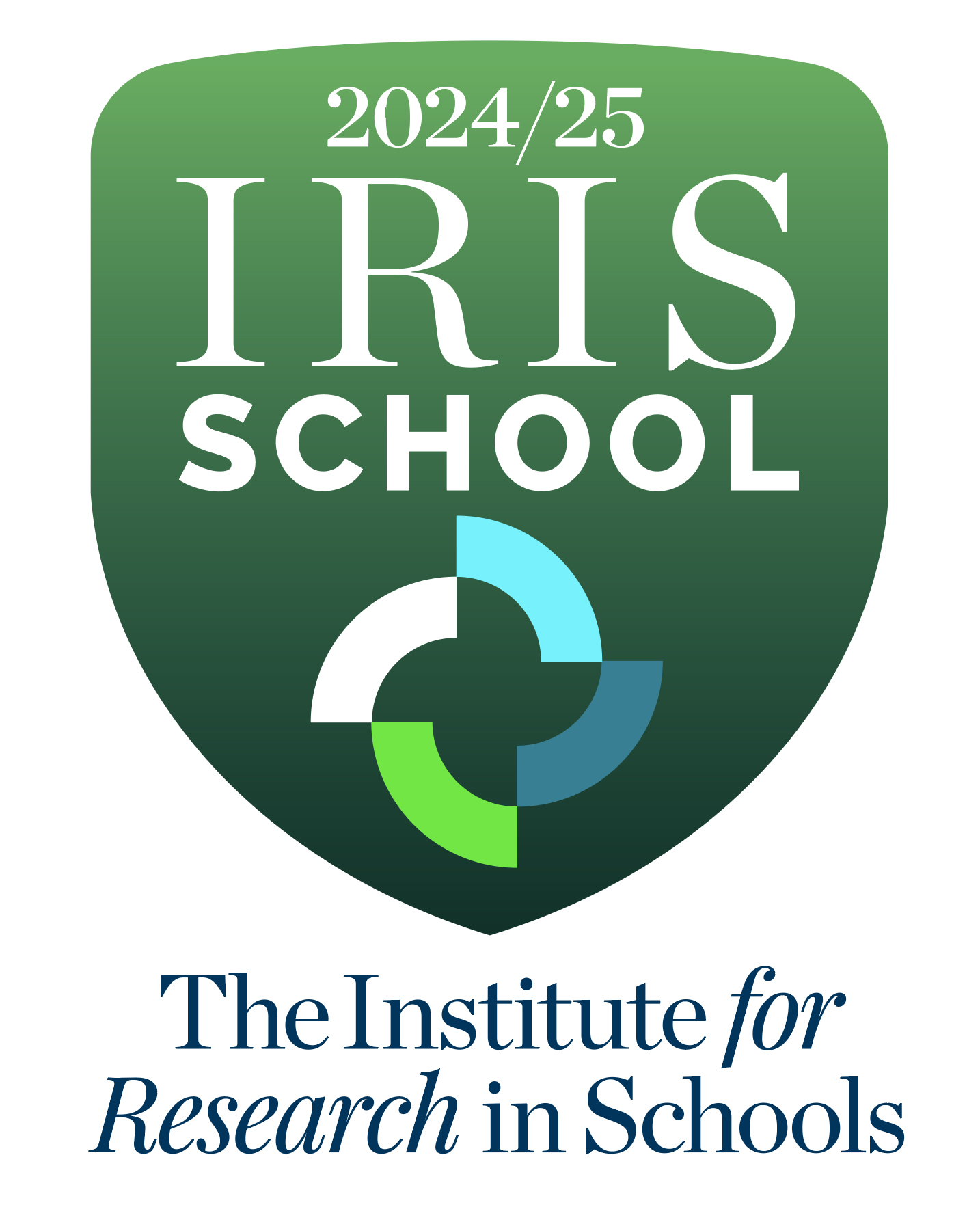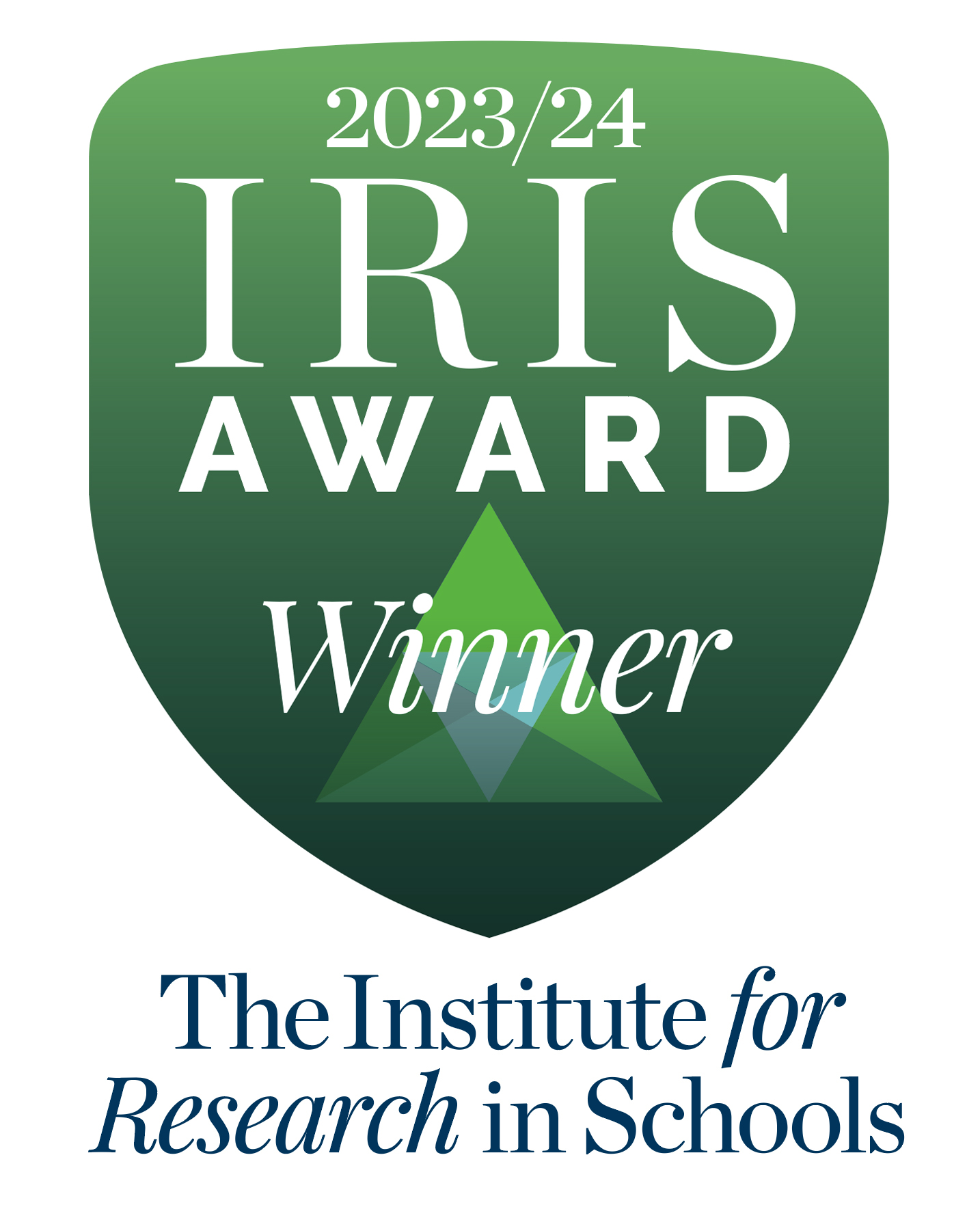Computer Science
Why do we teach Computer Science?
Computers are now a part of everyday life and, for most of us, technology is essential to our lives at home and at work. Consequently, Hele’s School students follow a Computer Science & IT curriculum that prepares them for life in modern Britain and equips them with the knowledge and qualifications to enter an ever-changing world of work.
Principles of cognition, memory and computational thinking for learning are embedded in our curriculum, as are structures to support cooperative learning. Our students are given the opportunity to explore the challenges and demands of modern life and consider how they can use programs and applications to address them. We encourage students to study the role that Computing and Information Technology can play in improving the world around us.
To support this, digital literacy skills are explicitly taught throughout every scheme of learning to prepare student for careers in the modern workplace. Students develop an understanding of using the most efficient and proficient application for tasks such as using industry standard software like Photoshop to create a graphical poster instead of using PowerPoint to generate inferior results.
We take a long-term approach to developing students’ knowledge of Computer Science skills to enable them to design, develop and create new technologies to help shape the world in which they live. The foundations of programming start with KODU and move on to more advanced block-based programming languages like blockly. This develops the skill sets needed to progress to text based programming languages such as Python or Small Basic allowing students create bespoke programs that can be used in the modern world.
Considering the application of Information Technology in other subject areas allows students to contextualise and deepen their understanding of our curriculum. We draw on subject knowledge from across the school curriculum to offer students the opportunity to apply their knowledge of Computing and IT in other contexts and disciplines.
We want all young people to feel safe, to feel valued, to have confidence and pride in their abilities when using Information Technology in the modern world. E-safety is dominant and interleaved throughout all year group curriculums and adapted to meet the ever-changing needs of the student body.
Computers are now a part of everyday life and, for most of us, technology is essential to our lives at home and at work. Computational thinking is a skill that all pupils must learn if they are to be ready for the workplace and able to participate effectively in the digital world.
Computer Science brings together the three strands of Digital Literacy, Information Technology and Computer Science that will equip young people with the functional skills, knowledge and understanding they will need for the rest of their lives.
Key Stage 3
In year 7 students study the three main strands of computing: Computer Science, Information Technology and Digital Literacy. Students learn how computers work and the basics of programming. Students learn a range of ways to use technology safely, responsibly and securely.
In year 8 students will build on their Computer Science, Information Technology and Digital Literacy skills. They will develop their understanding of Computer Science through looking at Cyber security and how computers work to the networks they are part of..
At the end of Key Stage 3 we aim to develop students who are confident and discerning users of technology and can select, use and combine applications.
Key Stage 4
At Key Stage 4 we offer a choice of GCSE courses in either iMedia or Computer Science. Students can opt to take a GCSE in Computer Science or a Level 2 Creative iMedia qualification.
The Computer Science GCSE is relevant to the modern and changing world of computer science. It is designed to boost computing skills that are essential for the 21st century. Computer Science is a subject where learners can apply the knowledge and skills learned in the classroom to real-world situations. Computational thinking will be important in helping learners to develop the skills to solve problems and design systems that do so. Students will study cyber security, looking at phishing, malware, firewalls and people as the weak points in secure systems.
The OCR Level 2 Creative iMedia course has been designed to teach digital design skills and enable young people to use digital tools to express their creativity in an informed and responsible way. It aims to equip young people with the knowledge, understanding and skills they need to design and make effective digital products for others to use, and to support future learning and exploit the creative digital industries.
The qualification has been developed to reflect the increasing use of creative digital computing in everyday life, with greater emphasis on creative design and development.
Key Stage 5
Students have the opportunity to study aspects of Digital Media at sufficient depth to allow them to progress to higher levels of study or to a professional career. We offer the Level 3 Cambridge Technicals in Digital Media which aims to develop knowledge, understanding and skills of the principles of Digital Media. Students will gain an insight into the Digital Media sector as they investigate the pace of change, IT infrastructure, the flow of information on a global scale, and the importance of legal and security considerations.
Designed in collaboration with experts spanning the breadth of the sector, the Level 3 Cambridge Technicals in Digital Media focuses on the requirements that today’s universities and employers demand.
Students will also develop professional, personal and social skills through interaction with peers, stakeholders and clients, as well as theoretical knowledge and understanding to underpin these skills. These support the transferable skills required by universities and employers such as communication, problem solving, time management, research and analytical skills.





